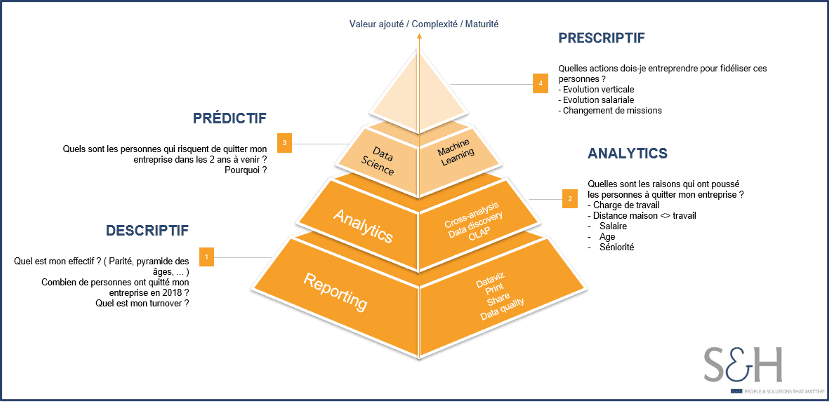
As Africa continues to grow economically, the role of big data in Africa’s development is becoming increasingly significant. By harnessing large datasets, African nations can address key challenges, foster innovation, and enhance public services. Big data’s application across sectors like healthcare, agriculture, and finance holds the potential to revolutionize the continent’s socio-economic landscape.
Transforming Public Services with Big Data
Big data is proving essential in transforming public services across African nations. Governments are leveraging analytics to streamline operations, improve transparency, and deliver targeted solutions to their citizens.
- Healthcare: Governments are using big data to track disease outbreaks and allocate healthcare resources more efficiently. During the COVID-19 pandemic, big data helped in monitoring and predicting infection hotspots.
- Infrastructure Development: Big data is aiding in better urban planning, traffic management, and resource allocation for infrastructure projects. Cities like Nairobi have started employing data-driven approaches to reduce traffic congestion.
Moreover, data analytics plays a critical role in enhancing e-governance services, thereby making information more accessible to the public and promoting accountability.
Boosting Agricultural Productivity
Agriculture is the backbone of many African economies, and the role of big data in enhancing agricultural productivity is gaining traction. With the help of data analytics, farmers can monitor weather patterns, optimize crop yields, and make informed decisions.
- Precision Farming: Data gathered from IoT devices and sensors allows farmers to track soil health, weather forecasts, and crop conditions. This practice is helping increase crop yields in regions like Ghana and Kenya.
- Market Insights: By analyzing market data, farmers can access insights about pricing trends, enabling them to make better market decisions. This, in turn, improves income stability for smallholder farmers.
Big Data’s Impact on Financial Inclusion
Financial inclusion is crucial for Africa’s development, and big data is helping bridge the gap by providing financial services to underserved populations. The rise of mobile money services has revolutionized the way financial transactions are conducted in the region.
- Credit Scoring: Big data is being used to create alternative credit scoring systems, which allow financial institutions to assess the creditworthiness of individuals without traditional credit histories.
- Microloans and Insurance: Data analytics enables financial providers to offer customized microloans and insurance packages to low-income earners, empowering them to invest in their businesses and secure their futures.
Fostering Innovation and Economic Growth
Big data is playing a pivotal role in fostering innovation and driving economic growth across Africa. Startups and tech companies are using data to identify consumer needs, develop innovative products, and create employment opportunities.
- Startups and Tech Hubs: Tech hubs in Lagos, Nairobi, and Johannesburg are using big data to fuel innovation, giving rise to successful startups that address challenges in healthcare, finance, and agriculture.
- Policy-Making and Investment: Governments are using big data insights to attract investments and formulate data-driven policies that boost economic development.
A New Chapter in Africa’s Development Journey
The role of big data in Africa’s development is undeniable. It is enhancing public services, boosting agricultural productivity, increasing financial inclusion, and driving innovation. As African nations continue to embrace data-driven approaches, the potential for further growth and transformation is immense.




